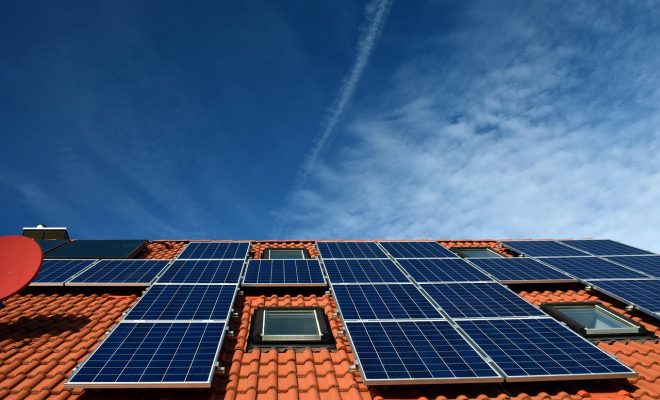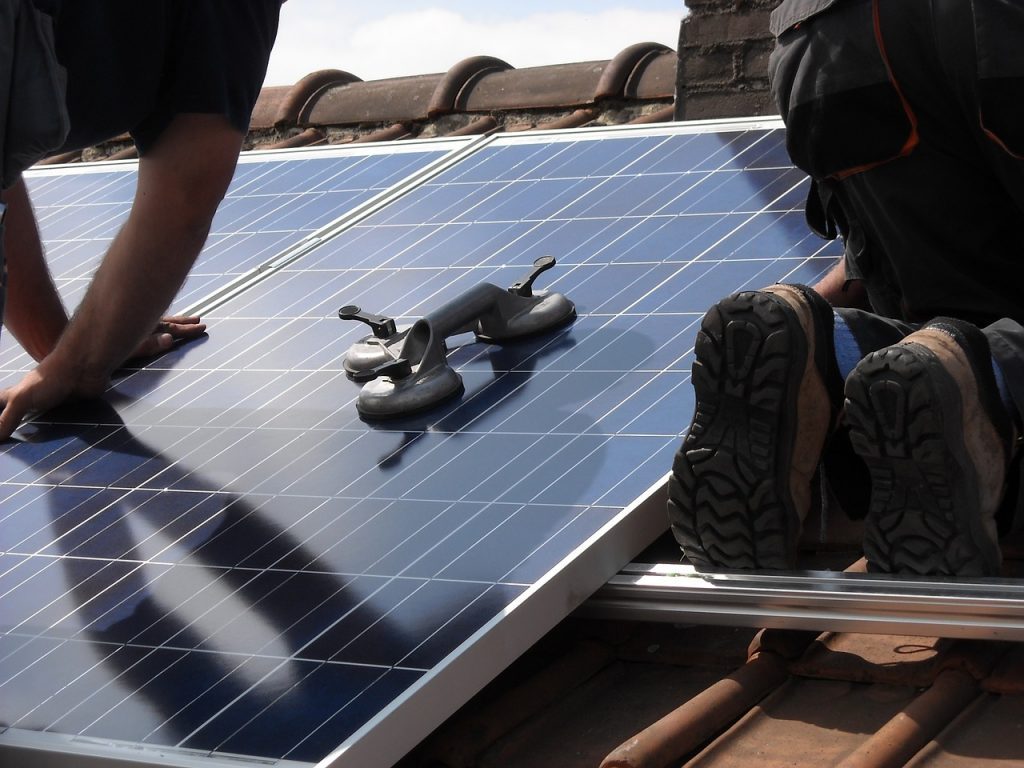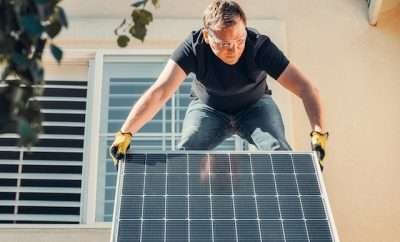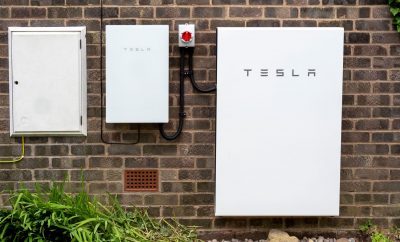
How to Plan a Solar Electric System for Your Home
How to Plan a Solar Electric System for Your Home
So, you are considering switching to clean, solar energy in your household. Congratulations. This is one of the best long-term decisions you can make. One that will not only help in the preservation of the environment. But also allow you to make substantial monetary savings in the long run.
With the growing scarcity of natural resources, and the alarming rate at which global warming is increasing. Environmentalism is no longer a passing concept, but a way of life for many homeowners around the world. However, switching to solar energy requires some prudent planning. So, here is a thorough guide on how to plan a solar electric system for your home.
Assess your home’s energy efficiency
Before installing a solar energy system, you want to thoroughly assess your home’s energy consumption and determine what the best cost-effective upgrades are. You need to determine your total annual energy expenditure, and consider making some minor changes in your household that will make your solar system even more effective.
Perform a home energy audit in order to understand where your home is wasting energy. You also want to use your appliances more efficiently or switch to contemporary, resource-efficient amenities. Replace your traditional lighting with LED lighting and use a programmable thermostat to control your heating and cooling more efficiently.
Determine your home’s solar potential
Next, you will need to determine your home’s solar potential. As not all regions get adequate sunlight necessary to produce a positive ROI. The amount of energy your solar system will be able to produce will depend on your location, the positioning of the panels, and the size of the entire system.
Fortunately, modern solar panels are able to use both direct and scattered sunlight. Therefore, if you live in an area that gets moderate sunshine throughout the year, you should have no problems producing plenty of electricity. Be sure to let a team of certified professional assess your home’s solar potential.
Assess your solar electricity needs
After you have determined your home’s solar resource, it’s time to size your solar system and determine the best package for your needs. An average household with a family of three or more would benefit most from a 5kWp Solar System, as bigger systems can be spread across the entire roof and harvest more energy faster.
Be sure you find a contractor that offers at least 10 years of warranty, free installation, and professional maintenance and customer support. You can even find contractors offering government rebates, allowing you to create an even greater ROI.
Gather the best bids from contractors
The next step is to obtain the best bids from contractors. Paying special attention to the price of your solar system and what is included in the total cost of the package. Make sure the installers are qualified and certified by relevant governing bodies.
You also want to ask every contractor if they can provide honest testimonials from their past clients. If their company is properly licenced, and whether or not the contractor is familiar with local permitting and interconnection processes. These questions will help you narrow down your selection.
Make sure the system is installed perfectly
Finally, you want to work with your installer making sure the system is properly sized, installed, and positioned. For maximum efficiency in terms of energy production vs the total cost of the system. Obtain detailed information about the site’s solar resource or available sunlight, the system’s efficiency at converting sunlight to electricity, and the system’s orientation and tilt.
Installing a solar system in our home is one of the best cost-effective ways to maintain your energy consumption with no harm to the environment. By making energy efficiency an inextricable part of your household. You will have an easy time enjoying clean energy and making substantial savings in the long run.















